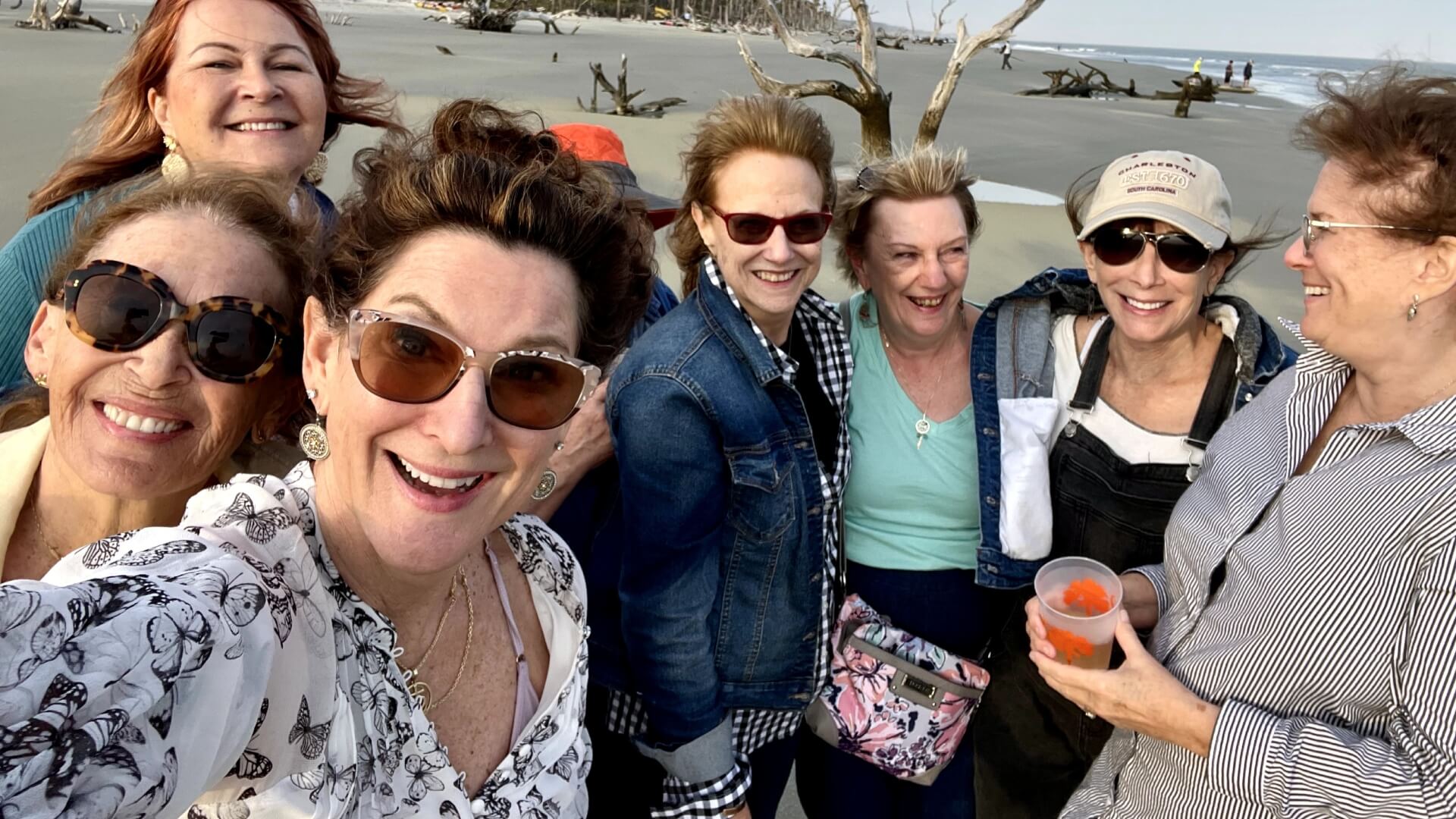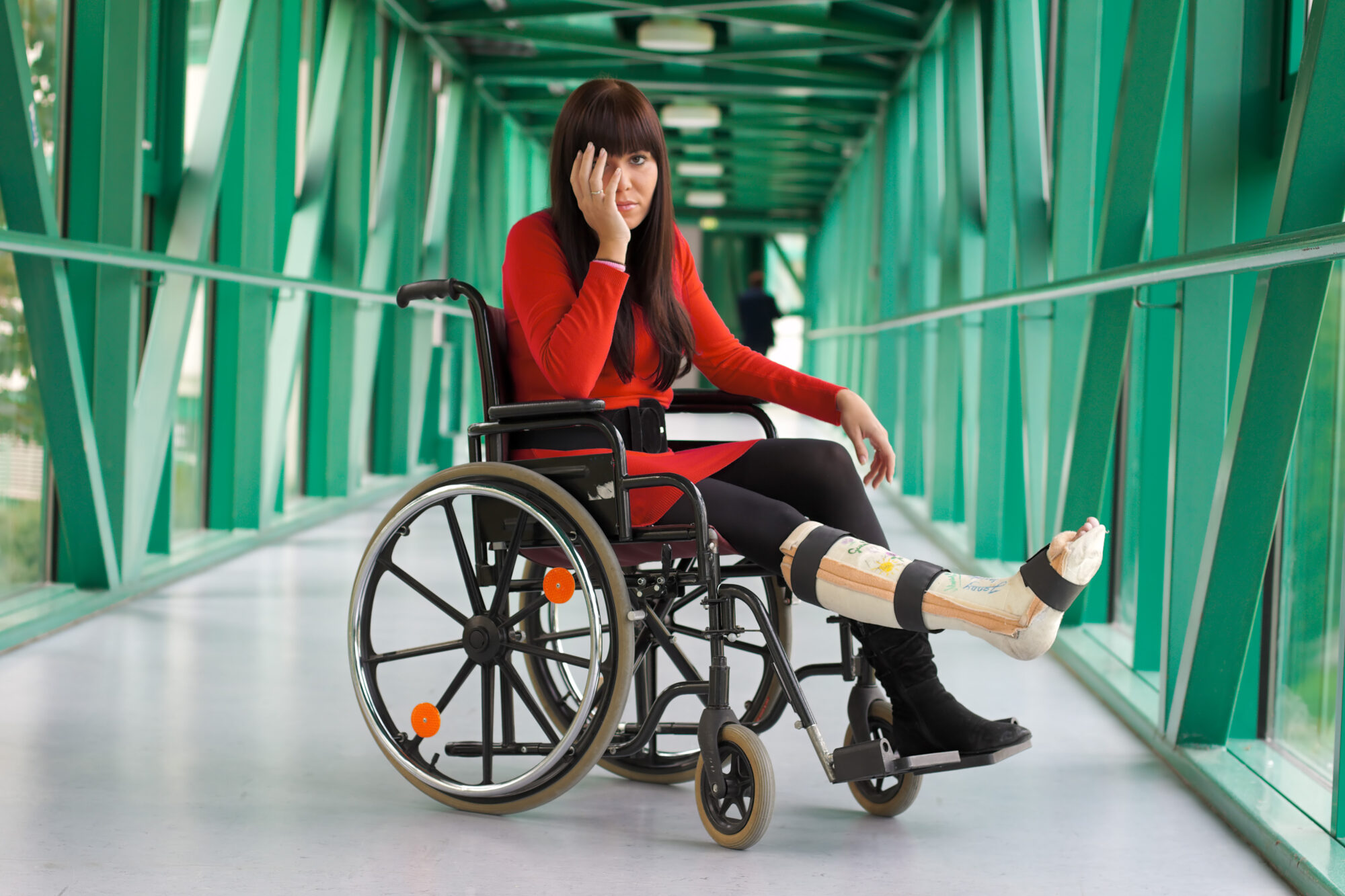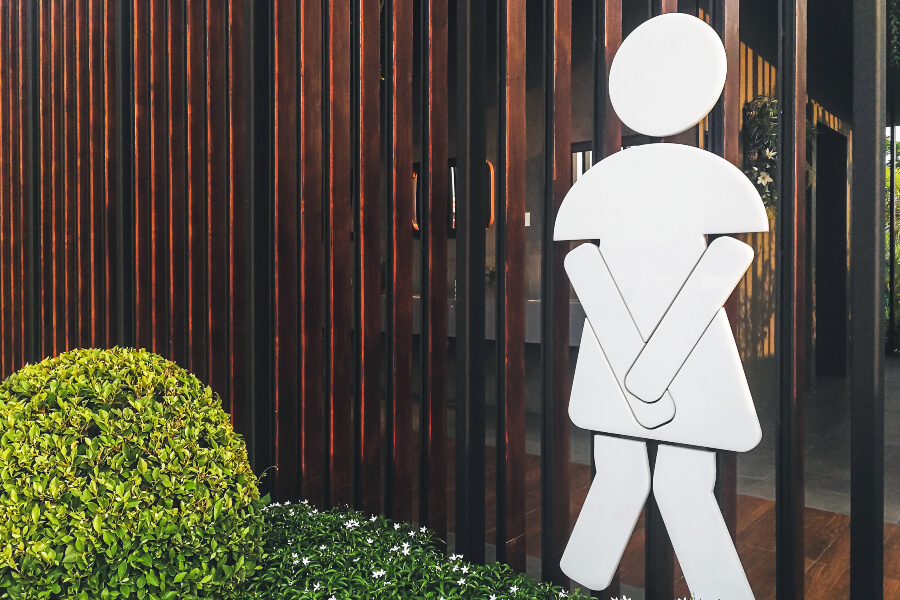I knew that years ago—back when our knuckles dragged the ground—people would refer to menopause as “the change.” Just the same way they referred to a pregnancy as a woman being “with child” or “in the family way.”
Euphemisms have long surrounded the female body, but I thought they had been killed off long ago by the women’s movement, the sexual revolution, and mostly common sense.
But I was wrong.
Breaking Taboos
Recently, I had breakfast with Rochelle Weitzner, the founder of a new skincare line called Pause Well-Aging. Weitzner is an experienced beauty executive, having been the CEO of Erno Laszlo and Laura Mercier Cosmetics. She came up with the idea of Pause after her first hot flash prompted a WTF moment. The line is specifically formulated for three different stages of menopause—perimenopause, menopause (the main event), and post menopause, which goes on for the rest of our lives.
A striking woman with a distinctive haircut, Weitzner told me that she came up with her brand’s name because it took the “men” out of menopause.
We had a good laugh over that, but it turns out not to be exactly true. Weitzner has found that a certain patriarchal squeamishness lives on.
Most notable has been the resistance from QVC network. Weitzner hoped to get her skincare line sold on the shopping channel, imaging it as a perfect partnership since surely a huge swath of QVC’s audience lands squarely in the menopausal generation. It would be a wonderful break for her line, which launched last June.
7 Things I Feared About Menopause that Didn’t Happen (and One that Did!)
The Menopause Definition at One TV Network
But QVC turned her down, claiming that menopause was a medical condition and as such, they could not say the word menopause on air. Weitzner was flabbergasted and wrote an email to QVC with the following opinion from her legal advisers:
“Menopause is a time in a woman’s life when her period stops. It is a natural process where the body stops producing as much collagen and hormonal levels change. A common sign of menopause is a lessening of skin elasticity which results in skin sagging, fine lines and wrinkles. Menopause is not a medical condition, i.e. a disease (various public sources define a “medical condition” as a disease or illness). FDA defines a disease as damage to an organ, structure or system of the body such that it does not function properly, (21 CFR 101.931(g)). FDA does not consider certain common non-serious conditions associated with a natural state as a disease.”
But QVC didn’t budge, writing back in an email: “I understand your legal counsel’s stance on menopause not being a medical condition, however our legal team’s interpretation is the exact opposite and they are not willing to budge on this from a risk standpoint.”
Frustrated, Weitzner did what anyone with shocking news does these days; she took to social media. Last month she posted this on her Facebook page: “Anyone who has heard me speak before knows how I talk about mainstream media’s reluctance to talk about menopause….QVC lawyers think …70 million+ women in the US are all suffering from a medical condition….We are going to break this taboo and shatter all of the misinformation surrounding this life stage.” She also linked to a TV (!) interview she did with Fox News about menopause, praising the network for its boldness and, at least for once, doing the right thing.
We asked QVC for a comment about their menopause definition and the policy around it, but the answer we got did not directly address how the company classifies menopause or why it won’t allow products related to menopause to be featured on air.
Say It Loud
As you can imagine, NextTribe is in full agreement with Weitzner that taboos and misinformation must be shattered. And the Word-That-Must-Not-Be-Uttered should be shouted with a stamped foot or raised fist—whichever is more your style. Menopause! Menopause! Menopause, dammit! You may have noticed that NextTribe launched a weekly column a few months ago called The Menopause Chronicles.
We started it because too often doctors and the medical community don’t give us the information we need. In fact, in a recent survey by AARP, 43 percent of doctors admit that they’re not up to date on treatments for the uncomfortable parts of menopause. But one of the best sources of information through history is women telling their stories and solutions. Now with a boost from the Internet, we are honoring this tradition, passing on your experience with menopause.
In fact, one of the women we featured in our column, took us to task for asking a question about symptoms of menopause. “Menopause is a part of our journey,” said Kerry Kittrell. “It is NOT a disease! `Symptom’ as applied to women and menopause is perpetuated by the patriarchy to disempower us.” Point taken! We’ve now edited our questionnaire about menopause.
Gender Bias: Facebook Discriminates Against Vaginas
A Growing Chorus?
We can only hope that changes are coming: that more companies and more doctors will talk about menopause and all that comes with it, and more of you will tell us about your experience. The good news is even way serious publications like the New Yorker are calling out the lack of discussion on the topic. “Where Are All The Books about Menopause?” is the headline—yes, that word in a headline in our most prestigious literary magazine—on an essay by Sarah Manguso about the publication of Flash Count Diary by Darcey Steinke.
“I hope that Steinke’s book, which I consumed hungrily, will encourage a wave of work by and about women undergoing what is, quite literally, a once-in-a-lifetime experience…,” Manguso writes. “Like bildungsromans, birth stories, and jisei (Japanese death poems), such books could form a literary genre. And perhaps the interest of doctors will follow the interest of readers.”
Even Gywenth Paltrow has weighed in, announcing that she’s perimenopausal and is taking on the misperceptions about menopause. ”I think menopause gets a really bad rap and needs a bit of a rebranding,” she explained in a video on Goop last year. That makes us want to whoop! If only she’d stopped there.
But then Paltrow goes on to say something infuriatingly and willfully ignorant: “I don’t think we have in our society a great example of an aspirational menopausal woman.” What? Where…Has…She..Been? We could talk all day about Helen Mirren and Jane Fonda, but we don’t have to look at celebrities for inspiration. We see them every day, and write about them every week.
On second thought, maybe Paltrow, who is unintentionally perpetuating the invisibility of older women, is one person we don’t want talking about menopause.





















0 Comments